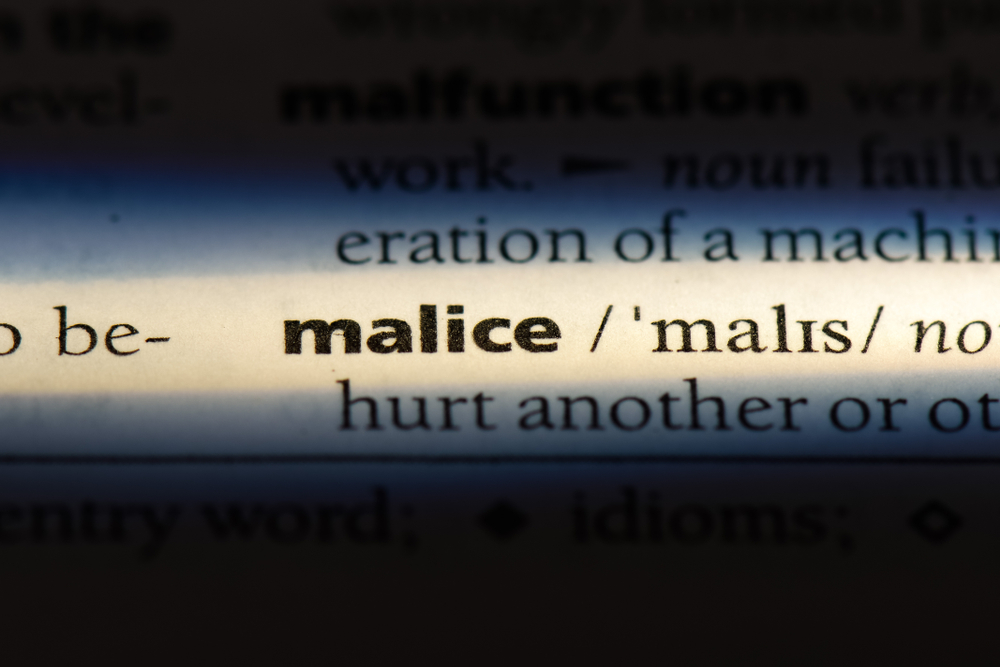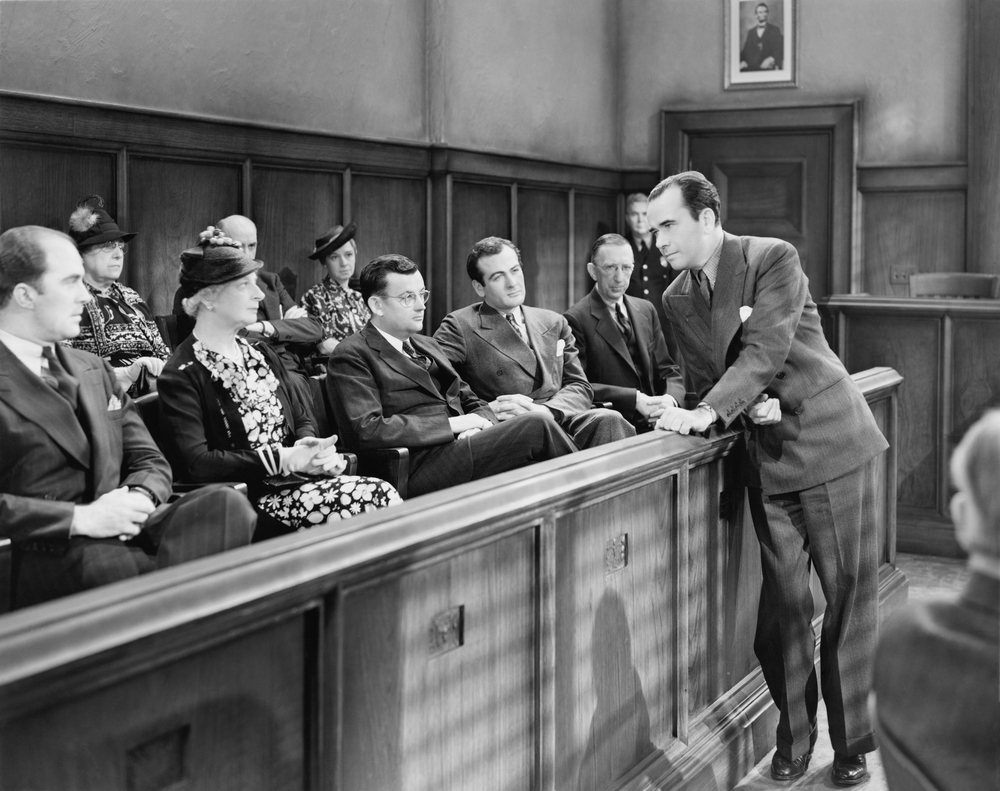The Declaration of Condominium “Says what It Says”
There are lawsuits that don’t make sense. They just don’t. Granted, we do not know all of the ins-and-outs of the lawsuit, but the facts described in the case give an aura of irrationalness by one of the parties. Here is one – in what appears to be a condominium association taking an unreasonable position giving the unit owner no choice but to sue. In Cool Spaze, LLC v. Boca View Condominium Association, Inc., 45 Fla. L. Weekly D165a (Fla. 4th DCA 2020), a purchaser bought a unit in a condominium. He transferred the unit to a limited liability company he...
Continue reading












